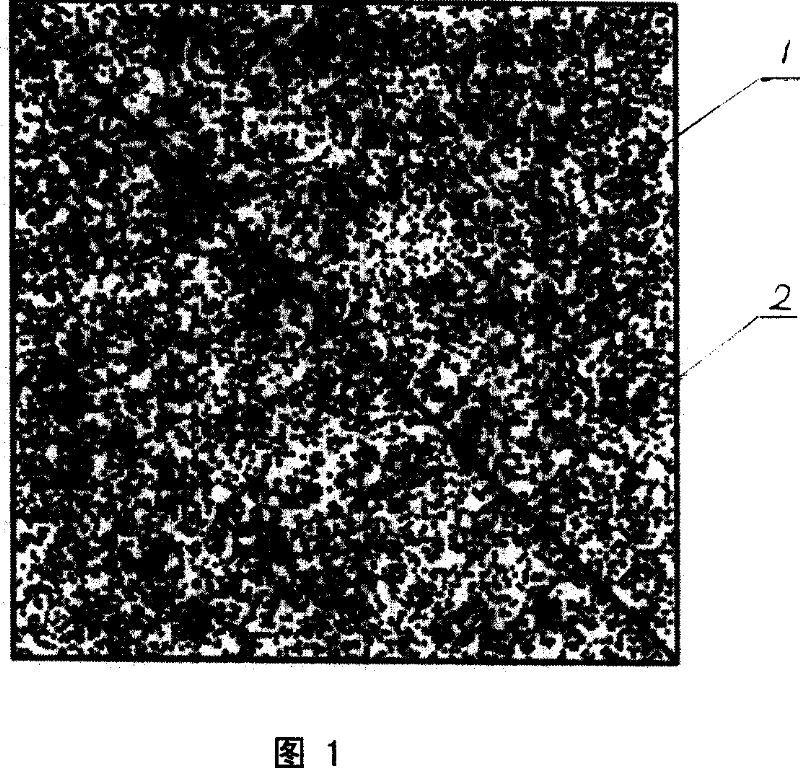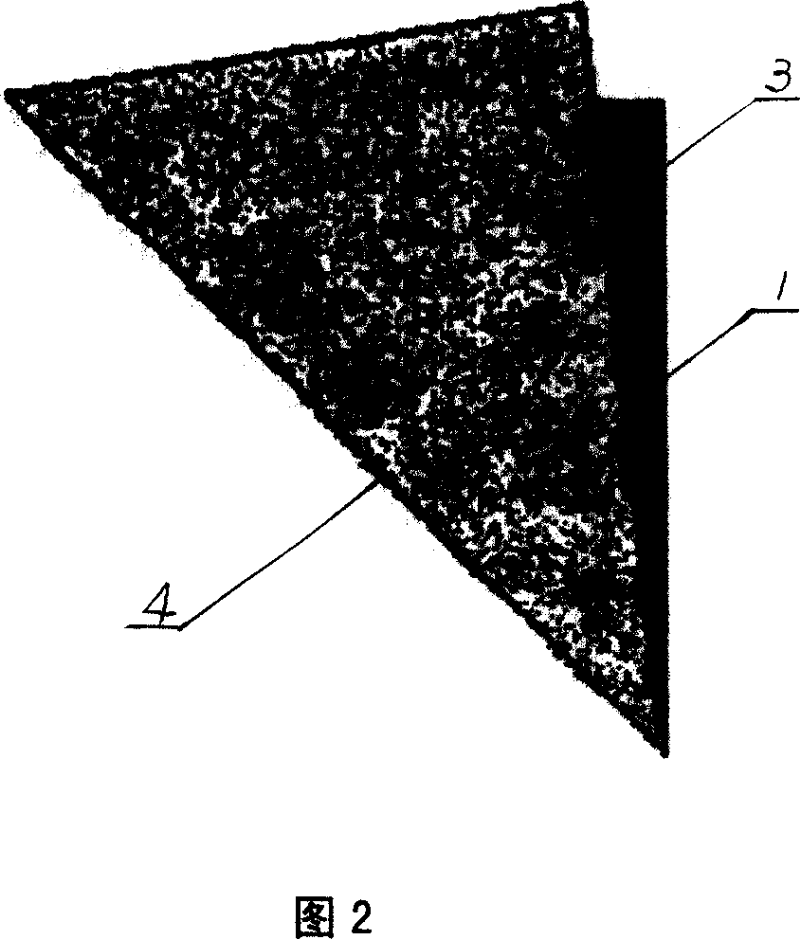Tobacco virus abrasive paper frictional inoculation method
A tobacco virus and sandpaper technology, applied in the directions of viruses/phages, biochemical equipment and methods, microorganisms, etc., can solve the problems of difficult operation, cumbersome procedures, large error in the amount of inoculated virus, etc., and achieves obvious effects, simple operation, and material selection. easy effect
- Summary
- Abstract
- Description
- Claims
- Application Information
AI Technical Summary
Problems solved by technology
Method used
Image
Examples
Embodiment 2004~20
[0019] EXAMPLES From 2004 to 2006, the field drug efficacy test of tobacco common mosaic disease was carried out in Dafang County, Guizhou Province every year, and there were about 3,500 flue-cured tobacco plants in more than 3 mu of land; from 2004 to 2006, every year in Jinsha County, Guizhou Province The China Tobacco Variety Breeding Base screens and identifies mosaic varieties. The test materials are about 5 mu of land and about 5,000 to 6,000 flue-cured tobacco plants.
[0020] 1. Take 20 g of leaves (leaf veins removed) of typical tobacco common mosaic disease symptoms, add a small amount of water and grind in a mortar, filter with gauze and squeeze out the juice, then use 1 to 5 L of distilled water to make up the volume to obtain the inoculum;
[0021] 2. Take 2 pieces of commercially available sandpaper, divide them into 8 small pieces of equal area, and fold them in half to form edges;
[0022] 3. Dip the inoculum with the edge of the sandpaper and gently draw it fr...
PUM
 Login to View More
Login to View More Abstract
Description
Claims
Application Information
 Login to View More
Login to View More - R&D
- Intellectual Property
- Life Sciences
- Materials
- Tech Scout
- Unparalleled Data Quality
- Higher Quality Content
- 60% Fewer Hallucinations
Browse by: Latest US Patents, China's latest patents, Technical Efficacy Thesaurus, Application Domain, Technology Topic, Popular Technical Reports.
© 2025 PatSnap. All rights reserved.Legal|Privacy policy|Modern Slavery Act Transparency Statement|Sitemap|About US| Contact US: help@patsnap.com


